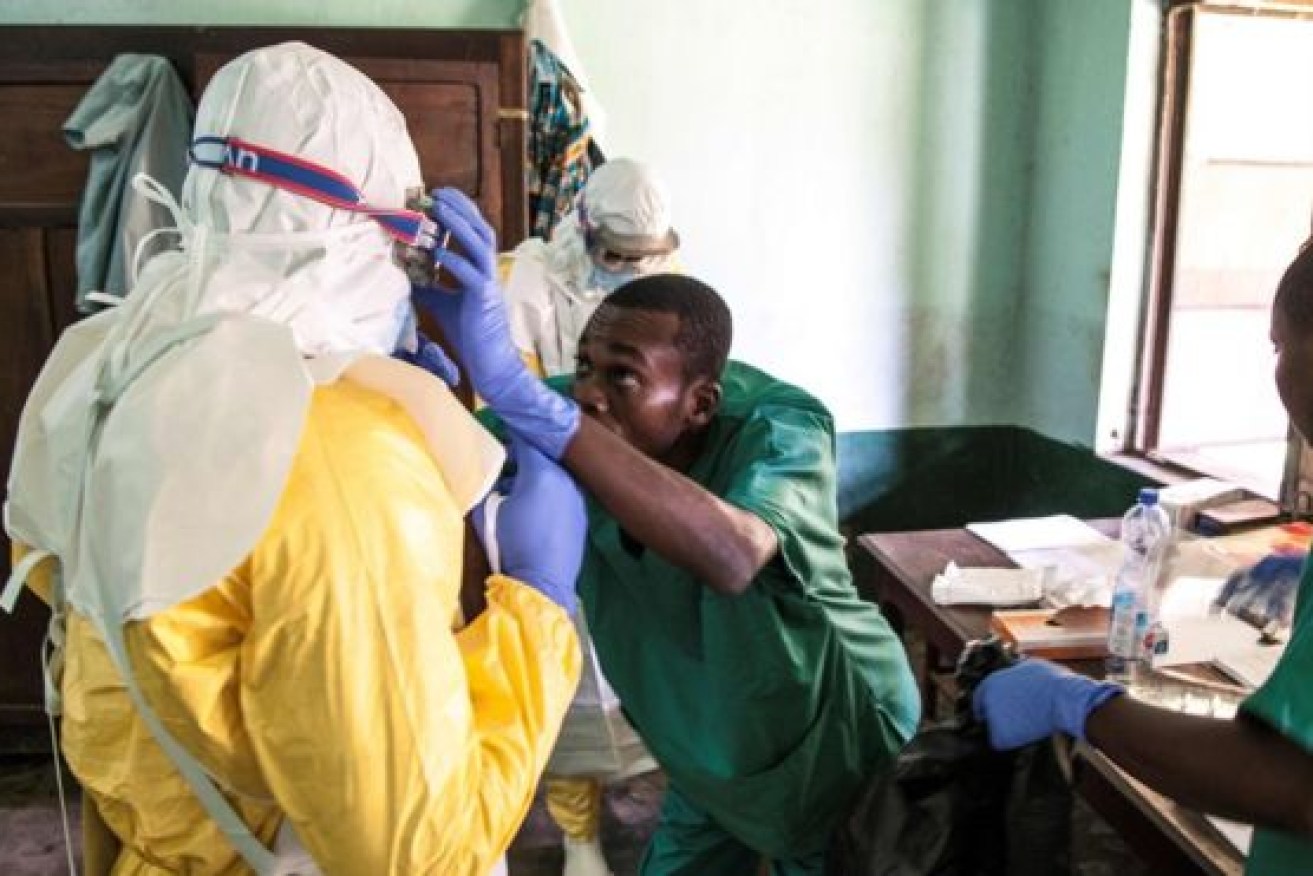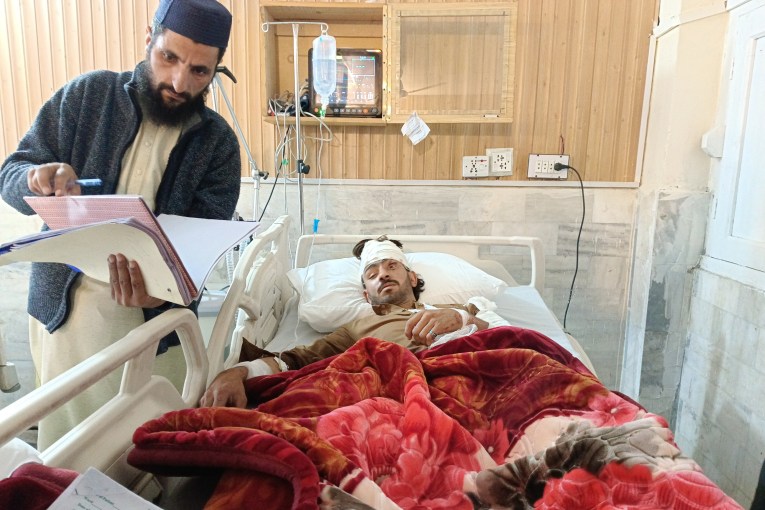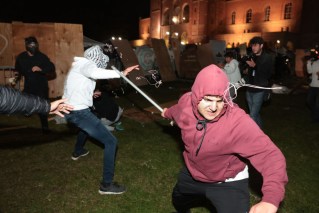Spread of deadly Ebola virus sparks emergency WHO meeting


In 2018 Ebola spread to Mbandaka, a densely populated area in the DRC. Photo: UNICEF
The World Health Organisation (WHO) will hold an emergency meeting to assess the international health risk of an Ebola outbreak in the Democratic Republic of Congo (DRC).
WHO’s Emergency Committee will convene on Friday to decide whether DRC’s Ebola outbreak is a “public health emergency of international concern” that will require global effort to eliminate the spread.
Concerns were raised after DRC health minister Oly Ilunga announced that Ebola was no longer contained to rural areas but had spread to Mbandaka – a city of about 1.2 million people – with one confirmed case in the suburb Wangata.
DRC has entered a “new phase of the Ebola outbreak that is now affecting three health zones, including an urban health zone”, Mr Ilunga said.
“Since the announcement of the alert in Mbandaka, our epidemiologists are working in the field with community relays to identify people who have been in contact with suspected cases.”
Mbandaka is about 150 kilometers from Bikoro, the rural area where Congo declared a new outbreak of Ebola on May 8 – the country’s ninth outbreak since 1976.
Authorities will intensify efforts to monitor and trace the Congo population at all air, sea and road access routes, Mr Ilunga said.
“The other cities in the province of Equateur as well as the cities upstream and downstream of Mbandaka on the river are also placed under health surveillance.”
Dr Peter Salama, WHO’s deputy director-general of emergency preparedness and response, said the confirmed urban case of Ebola “is a major, major game-changer in the outbreak”.
There have been a total of 45 Ebola cases in DRC (10 suspected, 21 probable, 14 confirmed), DRC’s Ministry of Health confirmed on Thursday.
Of the 45 reported cases, 25 people have died but so far only one death has been linked to Ebola, it said.
Henry Gray from Doctors Without Borders in Mbandaka said there are more than 500 people that have likely come into contact with those infected. But they are being closely monitored by health authorities, Mr Gray said.
WHO sent the first 4000 vaccines to Kinshasa in DRC on Wednesday and another 4000 vaccines will be delivered to affected areas in the coming days.
Front-line health workers, people who have been in contact with those infected and contacts of those contacts will receive the Ebola vaccine, according to the WHO.
“We now have better tools than ever before to combat Ebola,” WHO director-general Dr Tedros Adhanom Ghebreyesus said.
WHO also sent 300 body bags to DRC to ensure those who had died from the virus were safely buried.








